Minimally invasive smart patches can continuously monitor glucose blood levels and administer insulin as needed.
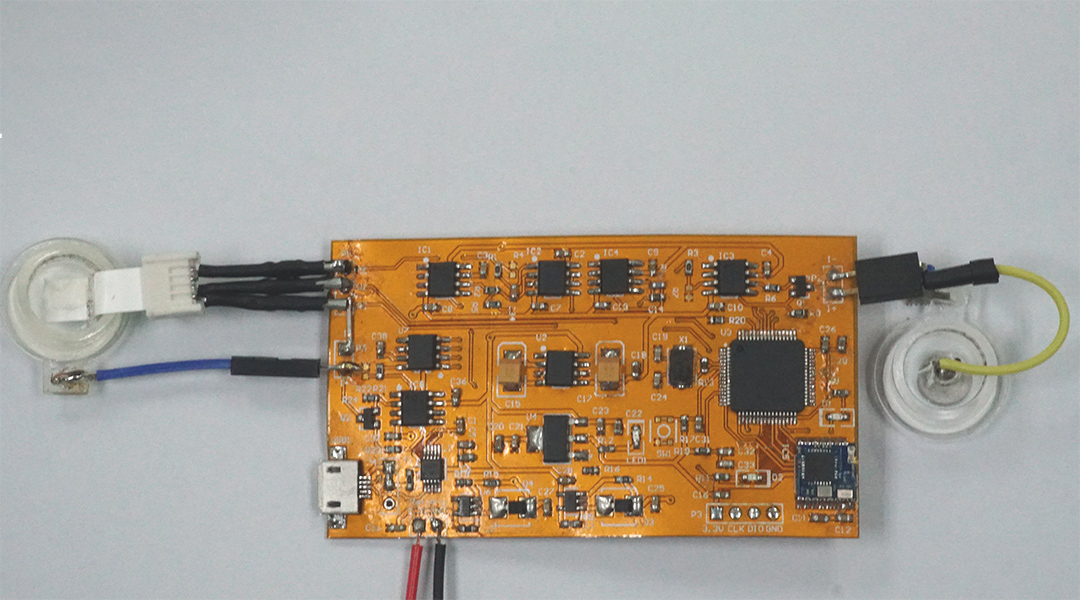

Minimally invasive smart patches can continuously monitor glucose blood levels and administer insulin as needed.
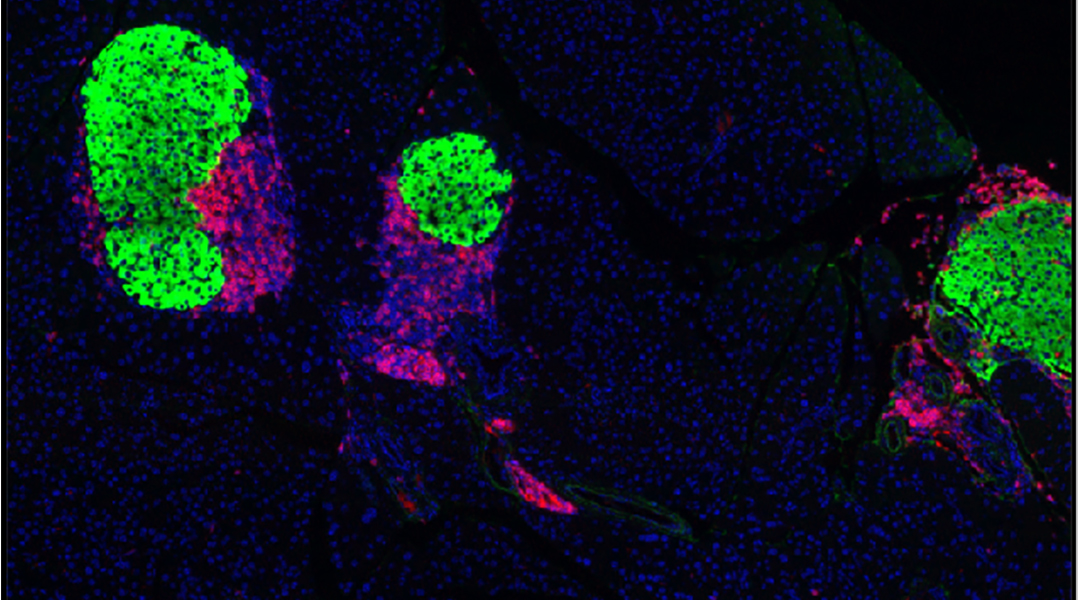
Bioengineered pancreatic beta cells adorned with immune checkpoint proteins prevent the progression of type 1 diabetes.

Replacing animal testing with the ever-growing capabilities of AI and deep learning could help minimize the need for animals in scientific discovery.
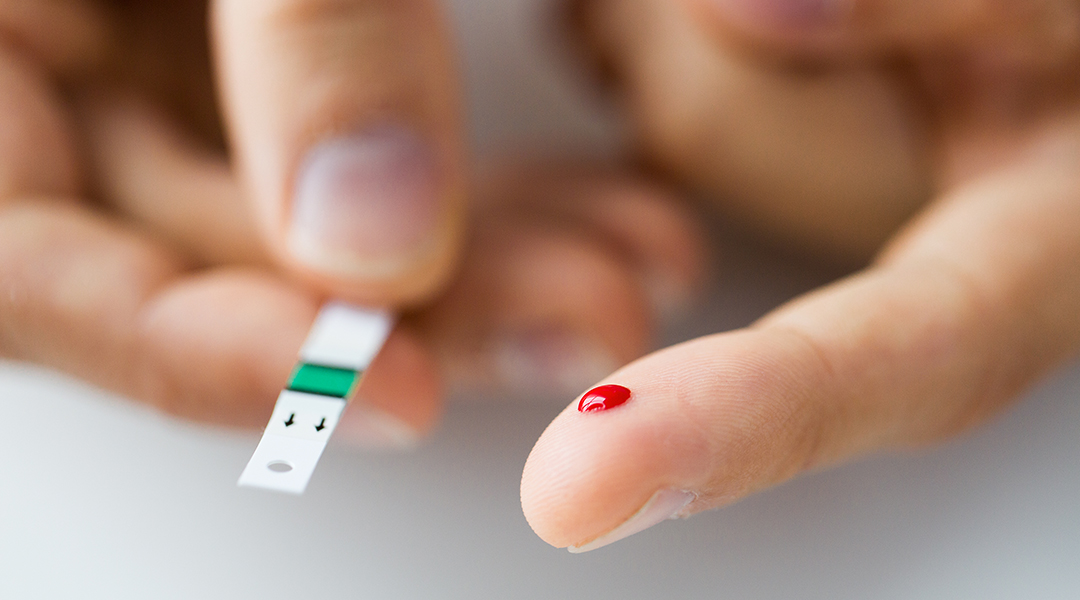
Graphene-based biosensors incorporated in arrays of microneedles are emerging as an alternative to hypodermic needles and could be the next generation of blood sampling devices.
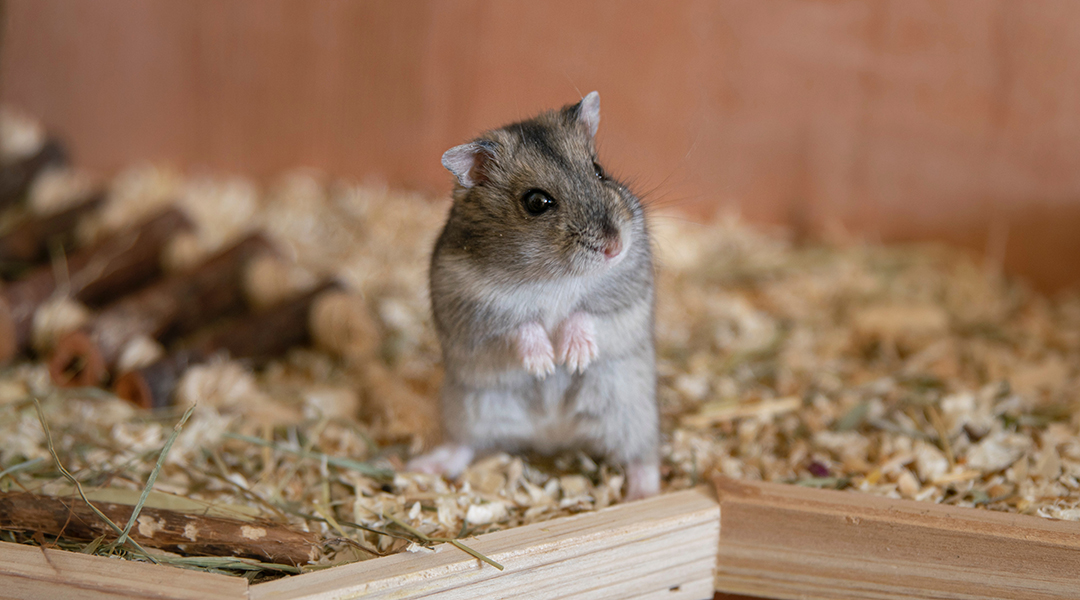
Animal testing remains a principle screening tool in the drug discovery pipeline, but are they reliable and could there be alternatives to replace them?
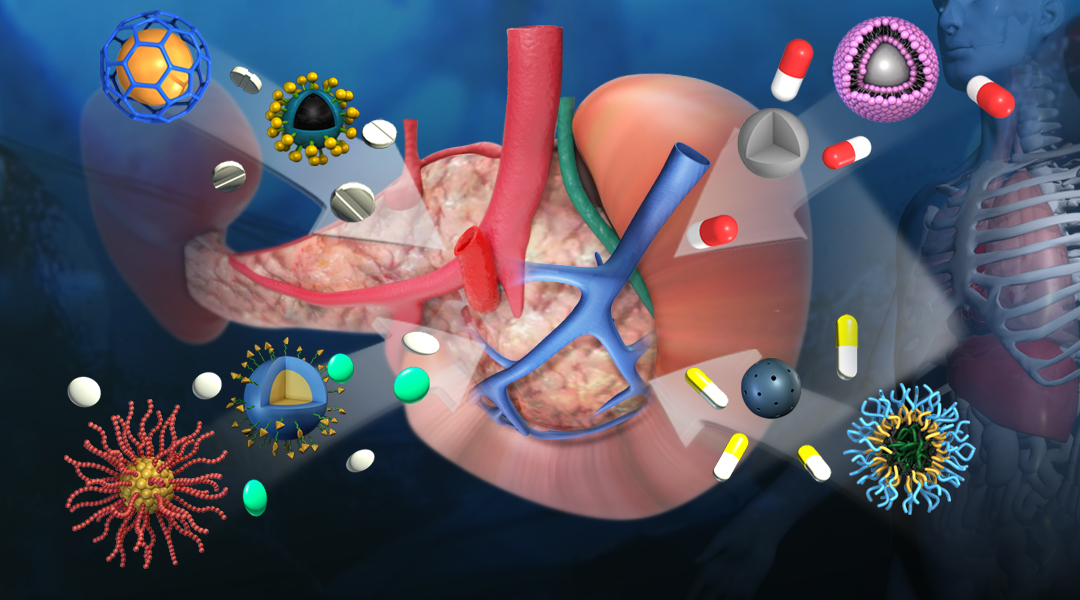
Nanotechnology is poised to revolutionize the diagnosis and treatment of patients with type 1 diabetes.
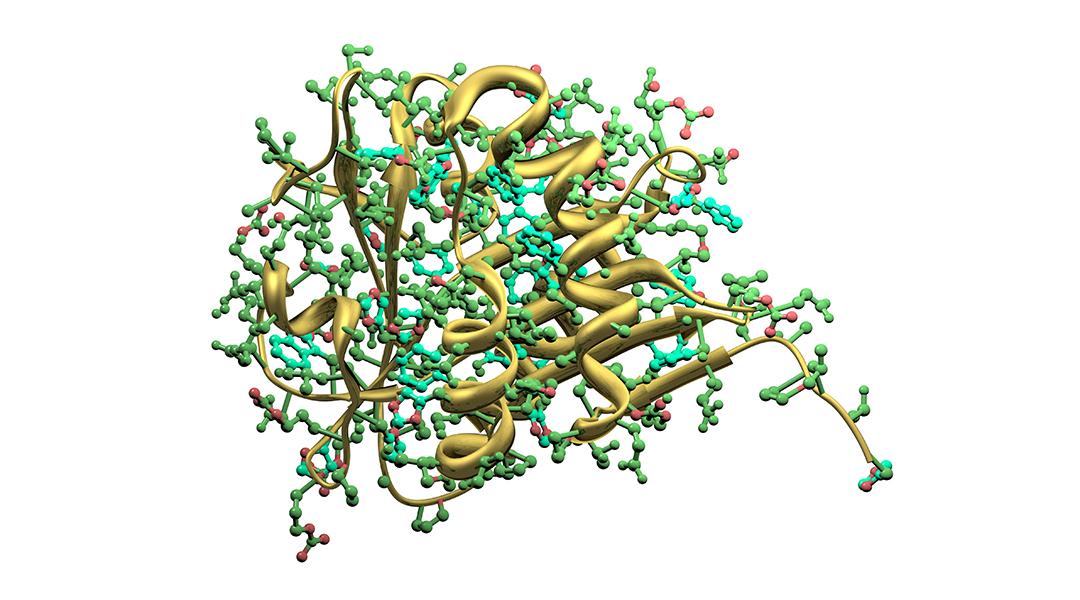
Artificial enzymes promise to not only help us understand the complex functioning of enzymes, but will create a new generation of biosystems for sustainable chemistry practices.
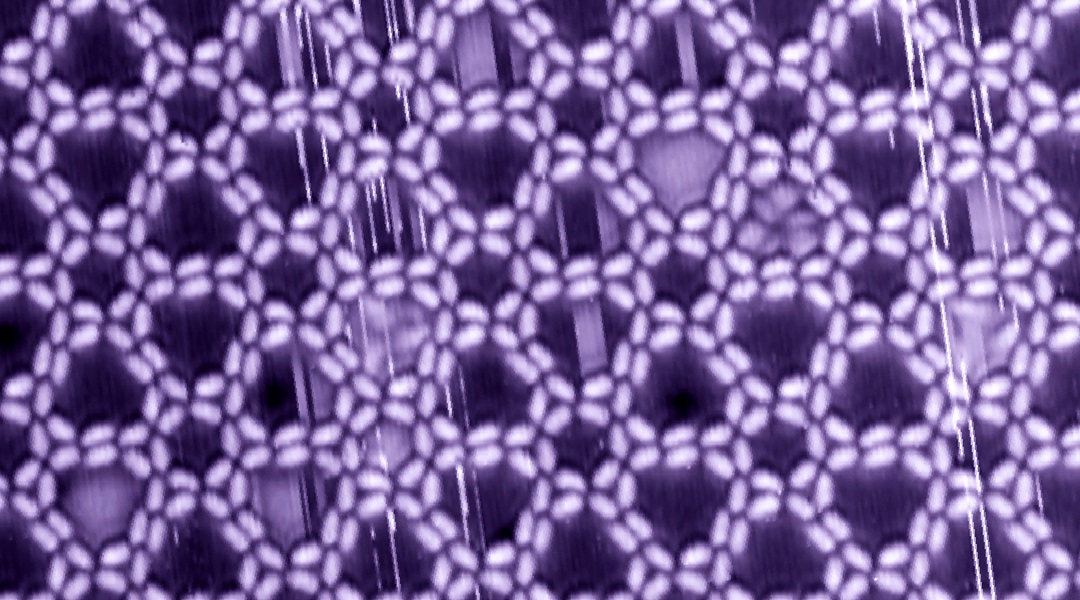
Scientists have functionalized a simple nano-building block to form self-assembling molecular networks that exhibit exceptional properties.

A doctor and researcher, Banting pioneered the development of insulin for the treatment of diabetes.

In this essay, scientists from Spain and Denmark delve into the spectrum of possibilities offered by wearable and implantable healthcare devices and provide new insight into the cyborganic era.